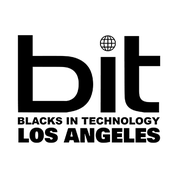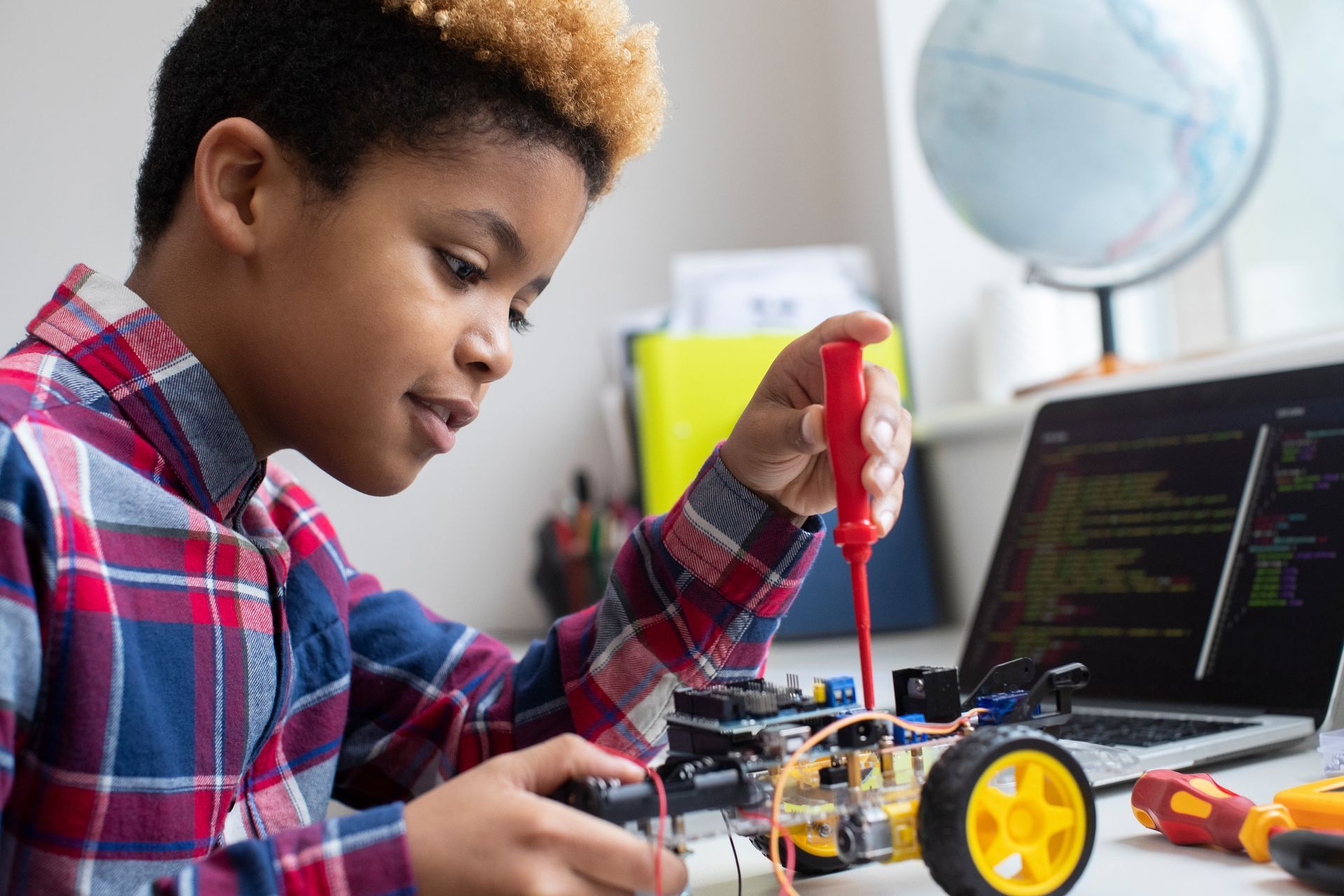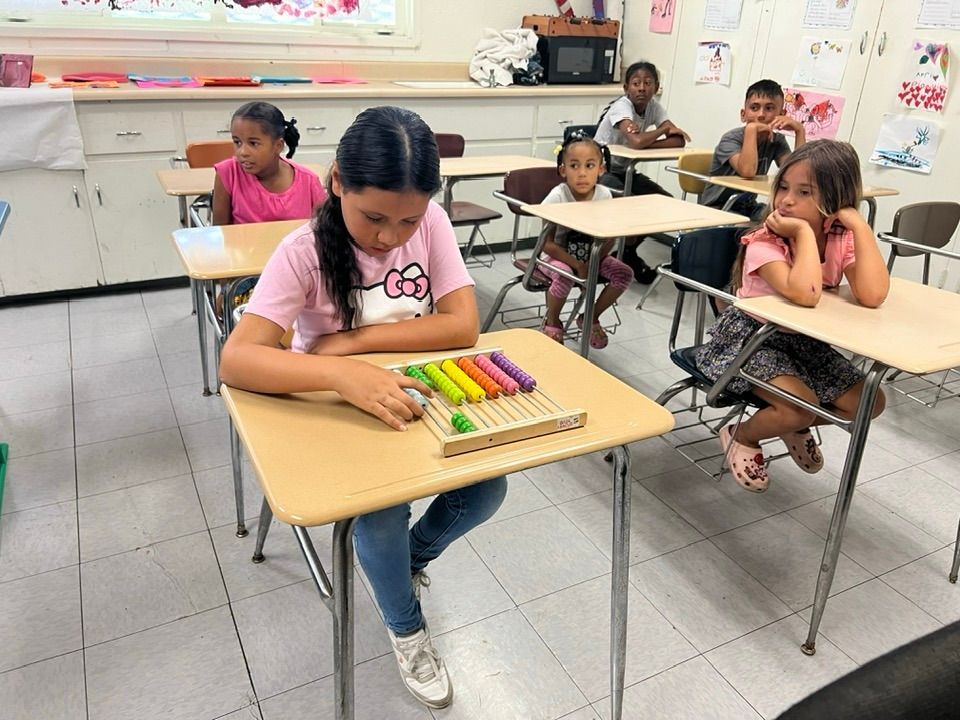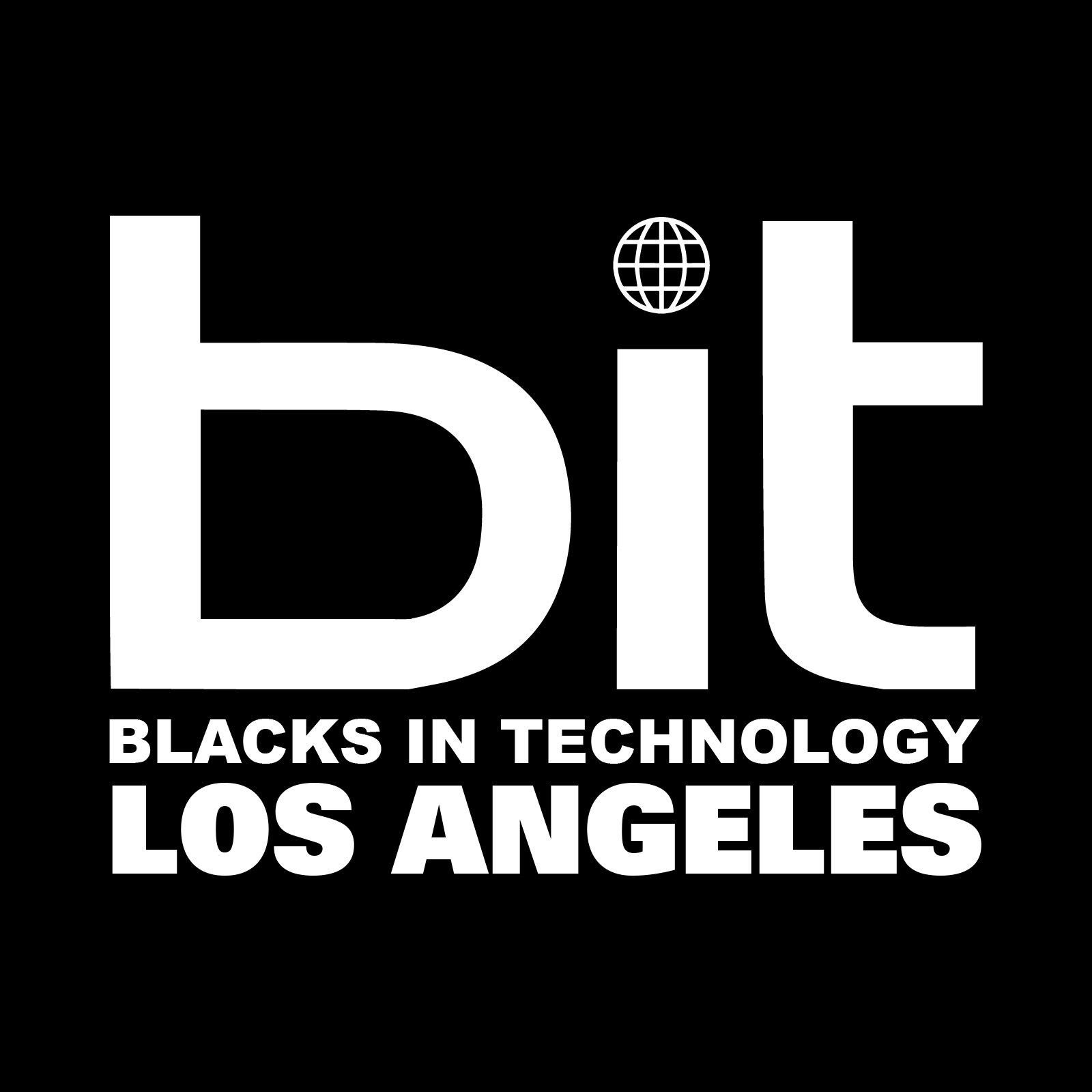Conservative Attack on Program to Help Black Students Is Misguided
The Anti-Affirmative Action Movement Jeopardizes Programs like the LAUSD's BSAP
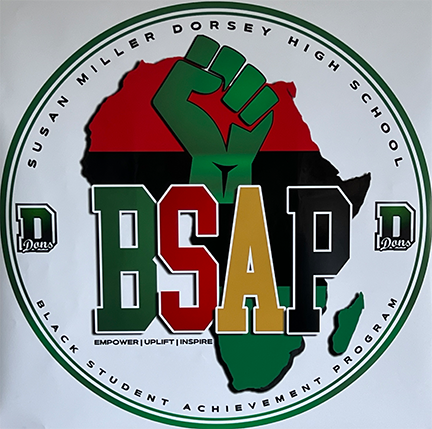
January 01, 2024
“But I'm not all Black. I'm part Asian.”
Kendall, a black high school senior in the Los Angeles Unified School District, was defending herself after being mocked over blacks’ low status in American education.
The students weren't ganging up on Kendall. It was part of some semi-amicable, before the bell, back-and-forth trash talking at which Kendall is quite skilled.
Yet the underlying point was still striking–at 17, this girl feels that being Black is not something to be proud of, and the quickest way to defend herself is to say she’s not completely Black.
According to California pre-pandemic (2018-19) figures, only 1/3 of Black students in the state met the English language arts standards, compared to nearly 2/3rds of whites. In math, 21% of blacks met the standard, compared to 54% of whites. Yet there has never been a dedicated effort to address Black students' needs in California.
LAUSD’s Black Student Achievement Plan (BSAP) is a new program to address what it describes as the “perennial trend of Black student underperformance.”
In the current backlash against Diversity, Equity, and Inclusion Programs, opposition to programs like the BSAP has become ideologically de rigueur for American conservatives. With Black History Month approaching, attacks on the BSAP and similarly motivated programs are intensifying.
For example, in “LA Schools Are Funding for Failure”, City Journal contributing editor Heather Mac Donald, long one of America's premier critics of teachers unions and public education, lays out the case against BSAP which, she writes, ”requires princely sums” of public funding.
Moreover, the “BSAP bankrolls counselors, climate advocates, and psychiatric social workers to work with black students in ‘high priority’ schools” while the “possessors of these sinecures are hidden from sight, far from the classroom.”
Those who are not in the education field may read some of these job titles and think the district is squandering tax dollars by hiring people for jobs that are ill-defined or of limited utility. In fact, BSAP helps fill a gaping need.
The foster care/group home student population in LAUSD schools is disproportionately black. A rung above them is a somewhat similar cohort of black students who are not in the foster care system, but who live in poverty and/or under other difficult conditions, and whose overwhelmed parents or guardians maintain limited control over them. Some in each of these two groups have spent time in the juvenile justice system, and most have poor academic records.
Despite this, my experience as a teacher has been that many of them are quite bright and capable. They often start out well in class, in part because of the inordinate amount of attention I can temporarily give them. Within weeks, however, they often begin to sink academically. Why?
Group home students are accustomed to bouncing from one school to another, despite LAUSD’s efforts to allow them to stay in their school of origin. Other students frequently move around because of family economic instability and the high cost of housing in Los Angeles. Without much hope of building an educational life for themselves in any one school, they sometimes ditch classes or school altogether.
With students in group homes, a teacher’s or a school’s efforts to hold the students accountable are often frustrated by some foster care agencies’ attitudes that any school-related issues are the school’s problem, not theirs.
Sometimes these students do something thoughtlessly stupid – “knuckleheaded” in our lingo – and get in trouble for it, disrupting the academic continuity already so elusive for them.
Many of these students face weighty family issues. Some take these problems to their teachers, but we are not trained in psychology or social work, and sometimes don’t know how to get these students and their families access to the resources they need.
What these kids need is oversight. They need counselors and social workers who can build relationships with them, help them stay on track, and talk and walk them out of trouble. Much of BSAP’s funding is devoted to hiring the personnel to provide these crucial services.
According to EdSource, Kamal Chatman, a senior at Hamilton High School in LAUSD, “feels like there is more accountability for him and his peers, and he has been able to build a better connection with his [BSAP] counselor than with his usual academic counselors in the past.”
Chatman says BSAP personnel, “don’t let me fall off…they’re always checking in.”
Another of Mac Donald’s criticisms of the BSAP and the money spent on it is that “Any school system that can afford climate advocates (as part of a black uplift plan, no less) is not hurting for taxpayer dollars.”
It’s unclear if Mac Donald understands that this means an advocate for school climate, not the earth’s climate, but school climate advocates reduce truancies by working to make school a place students want to be. They also aid in resolving conflicts and preventing fights. While Mac Donald seems to begrudge them their modest earnings, in my experience these are sincere people committed to students’ well-being.
BSAP’s detractors may be surprised to learn that BSAP’s Theory of Action largely stresses, albeit with different phrasing and terminology, many of the things they advocate: academic rigor, accountability, valuing education, and family responsibility.
To be fair to critics, from the outside, it can be hard to understand just how badly the deck is stacked against many low-income students. For some families, just having a teenager spending their time in school eight hours a day, much less spending time studying and on afterschool activities, is a luxury they struggle to afford.
We see teenagers working weeknights until midnight (in contravention of the law) to help their parents pay the rent. Girls, in particular, often bear the burden of caring for younger siblings. Some students do their homework after midnight because it is the only time they can have quiet and privacy. Many value the free meals they get at school because their meals at home are irregular.
Black students and their communities often need more than what schools can provide. Within the limits of what schools can do, the BSAP addresses the genuine needs of LAUSD’s black students.
Glenn Sacks teaches high school social studies in the Los Angeles Unified School District.
Related Topics: teachers unions, LAUSD, black students, education, Diversity, Equity, and Inclusion (DEI)
You might also like
Support BIT-LA
Learn how your participation can help us "Stomp Out" the digital divide.
Location
Los Angeles, CA
join@BIT-LA.org
Call
213-432-7236
All Rights Reserved | Blacks in Technology LA
